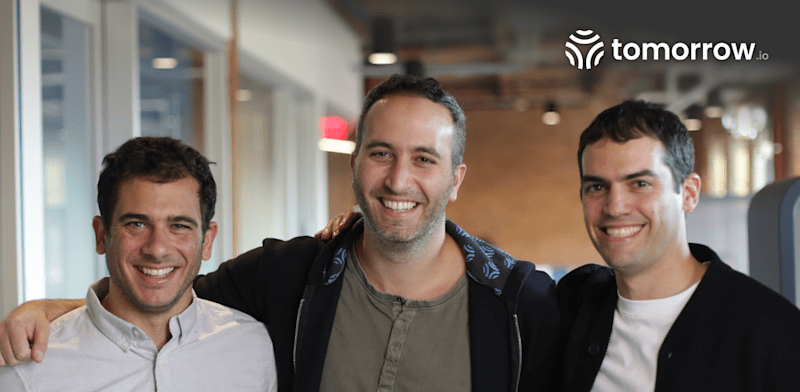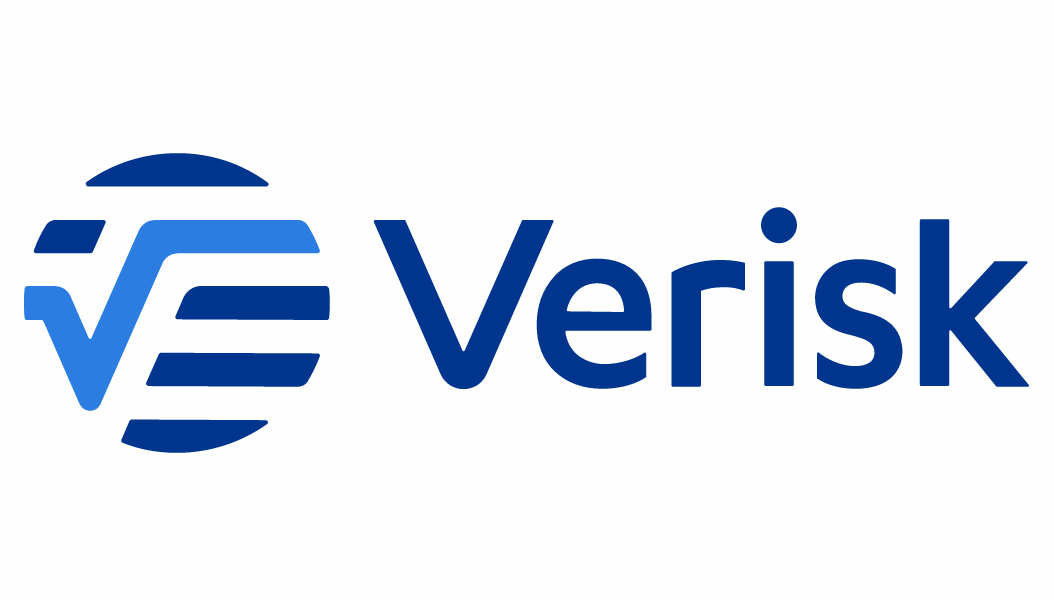5. Practice With a Mock Interview
You’re going to phone up your friend who has conducted several interviews, and you guessed, have yourself a mock interview. While this might seem a little juvenile, just remember that even attorneys stage mock trials to work through kinks that might pop up.
The more you practice, the easier it will be for you to work through your toolbox. Oh, right, we haven’t discussed the toolbox yet. Prepare to be dazzled!
When we refer to the Toolbox, it’s your personal collection of stories that can be molded to suit an interviewer’s questions. It helps you to stay focused and respond with the right answers. When you’re working through your mock interview, be sure to make notes and change the script where you might be open to uhms and ahs.
It’s also an opportunity for your interviewer to let you know where you’re doing well or need some improvement.
We all know life can be weird, right? So there are going to be those times where you can’t round up a single friend who can take you through this. Put that impressive videoing capability of your latest mobile phone to the test and, cough, video yourself. Now, watch the video. If it makes you cringe, you guessed it, the interview is going to suck. Make notes of things that stick out to you.
- Are you talking too fast?
- Is your posture too slack or too upright?
- What about your body language?
- Are you making enough eye contact? You can make too much eye contact, don’t be Creepy McCreepster!
- Are you… boring?
This advice is not just for a first-time job-seeker. You might not be a strong interviewing candidate even if you’ve been in the industry for several years.
The lack of exposure to interviews is not the only obstacle to consider. There are serial job applicants that seem to tick all the boxes on paper but when they enter the interview room, the interviewer is already thinking about the next interview. You must dig deep and have some honest internal dialogue. Have you applied for a lot of jobs, landed many interviews, but never land the job?
Interview prep also allows you to focus on your objectives. Would you be able to work on a question or two? While you might only know this during the actual interview, it’s worth being prepared.
6. Prepare to Answer the Most Common Interview Questions
While it may seem like hiring managers just scour the net for the top questions to ask in an interview, most interview questions are carefully curated to elicit the right responses from the interviewee.
And yes, you may hear the same questions, or variations of them, at different interviews. Now, just to be clear, they’re not looking for a generic answer. They’re looking for your personality quirks, leadership qualities, how you follow instructions, and whether they actually like you. If they don’t, meep. If they do, you are one step closer to a second interview.
Fear not, we’ve got this covered. We have a simple three-step process that will make even the toughest question seem like a cakewalk.
Step 1 – Find the Question Behind the Question Your interviewer doesn’t want to get to know you so you can exchange cards over the holidays, they want to know whether you’ll make a great new addition to the team.
- Do they care about my response?
- Are they interested in my reasoning skills?
- Does this relate to the job role in some way?
- Is there an opportunity to learn more about my interviewer with this question?
Step 2 – Find the Plain English Answer Eloquence can lead to ambiguity and if that little phrase doesn’t convince you to keep it simple, nothing will. Find the simplest, easiest answer as if you were responding to a friend that couldn’t care less about academics.
If the question is, “What did you in this gap year after college?” try not to bore them with an in-depth explanation of the cultivation of citrus in the Kibbutz or your spiritual awakening in India. Instead, use the simplest language and offer the simplest option.
- You traveled
- You immersed yourself in local culture
- You volunteered at various charitable organizations
The reply should sound like this, “I spent the year traveling and immersing myself in local culture in countries such as India and Israel. I managed to learn a lot by volunteering at several charities in these and other countries.”
Step 3 – Polish to Perfection Let’s face it, the storyteller friend in your friend circle is the one who gets invited to cigar evenings and the country club. Learn from the storyteller and cultivate great stories.
- The broad open allows you to tell the interviewer what ground you’ll cover in your response.
- Go into specifics to drill down to the heart of the response.
- Highlight the important takeaways to affirm why they need to take your response seriously.
Question: Can you tell me about yourself?
Now, this is probably the worst of the lot. Suddenly you’re thinking about everything that has absolutely nothing to do with the actual question. However, top performers know that to answer this question effectively, they need a tight narrative.
The interviewer’s goal with this question is why they should hire you instead of the ten other candidates with better references, shinier shoes, and more degrees.
- Research: How does the company research you did on the company and role tie into this question?
- Experience: How your current and past experience ties into this role
- Relevance: Your contribution needs to be recent enough to be in upkeep with the latest practices, advances in technology, etc.
- Add Value: Simply, the briefcase technique
- Professionalism: Stay on topic and don’t ramble.
Now, formulate your response.
Answer: Great question! I’m currently a social media manager for a non-profit that provides training on building hydroponic greenhouses in underdeveloped countries. I handle all the social media accounts and do drip campaigns at certain times to ensure maximum reach to our donors. Since starting these campaigns, the nonprofit has secured four times the donations they have before. Before this, I ran the newsletters for the local schools to ensure parents and students have easier access to upcoming events. I volunteer as a swim coach at the community center in my free time, and I’m studying towards my MBA. I’ve noticed that your organization has quite a few community projects running, but that there are areas where drip campaigns might have an impact. Here, I’ve compiled a report just on the first three. If we do this, this, and this, the figures will go up to this.
Question: What’s Your Biggest Weakness
This one could bite you in the big toe if you’re not careful. If you’re going to blurt out things like “Chocolate” or “Wine”, pack up that shiny suitcase and look for another job because this one is not it.
It’s important to see a question as an opportunity to position your weaknesses positively and allow the interviewer to see how you problem-solve. But a word of caution, be honest. Any interviewer worth their weight in truffle oil will sniff out a chancer faster than a pig will sniff out a prized black truffle.
Now, you know your biggest weakness. What if it’s something like procrastination? Position it like this:
I tend to have bursts of genius when the timing might not be ideal. So to curb this, I’ve implemented systems that allow me to pace myself through projects to optimize deliverability.
Or what about impatience?
Try: I get passionate about projects and deadlines, so it may come across as impatient. To help me create a more fluid approach, I have a soft target that allows me to ease into a deadline without putting the team under undue stress.
Question: Tell Me About a Time You Faced A Challenge With X?
Problem-solving skills, anyone? They want to know how you handle tight spots and tricky moments, perhaps even some hairy inter-office politics.
Thankfully, you can get behind the question by knowing what the interviewer wants. They’re using the STAR interview technique which means they want to know the situation, task, action, and result. If your answer succinctly combines the STAR method, you’re good to go.
For instance, you can say something like, “I managed a pet store in the Valley and a customer needed some specialized pet food for her dog. It was during the snow season and our supplier got snowed in a couple of towns over. The client came in to pick up her order, and when she found out it wasn’t there, got angry and demanded to speak to a manager. Unfortunately, the manager was unreachable as their telephone lines were down. I could tell the client wasn’t going to budge until someone dropped off the pet food. I asked her whether she wanted a cup of tea while I made a few phone calls, which seemed to calm her. She opened up about the condition her dog had, and only this pet food agreed with him. I remembered that the rep came around just a few weeks ago and had an appointment to see the vet after he visited our store. I phoned the vet and managed to secure the delivery of pet food for the client. She now refers all her friends to our store.
7. Follow Up With a Thank You
It takes a few moments to send a thank you card or email, and it allows you to stay top of mind. Include a solution to a talking point in the interview or a response to a tip or piece of advice they gave you. Even if you’re not the right fit for this role, they might refer you to a colleague or friend.
Now You Know
We’ve unleashed absolutely every treasure known to teach you how to prepare for a job interview. Take notes, do research, and work on those little kinks that need to be ironed out before impressing the socks off any interviewer and securing that coveted job offer.
Before you land that interview, the magic starts with writing a winning resume and cover letter. Check out our foolproof guide to writing the perfect job-seeking duo.




































